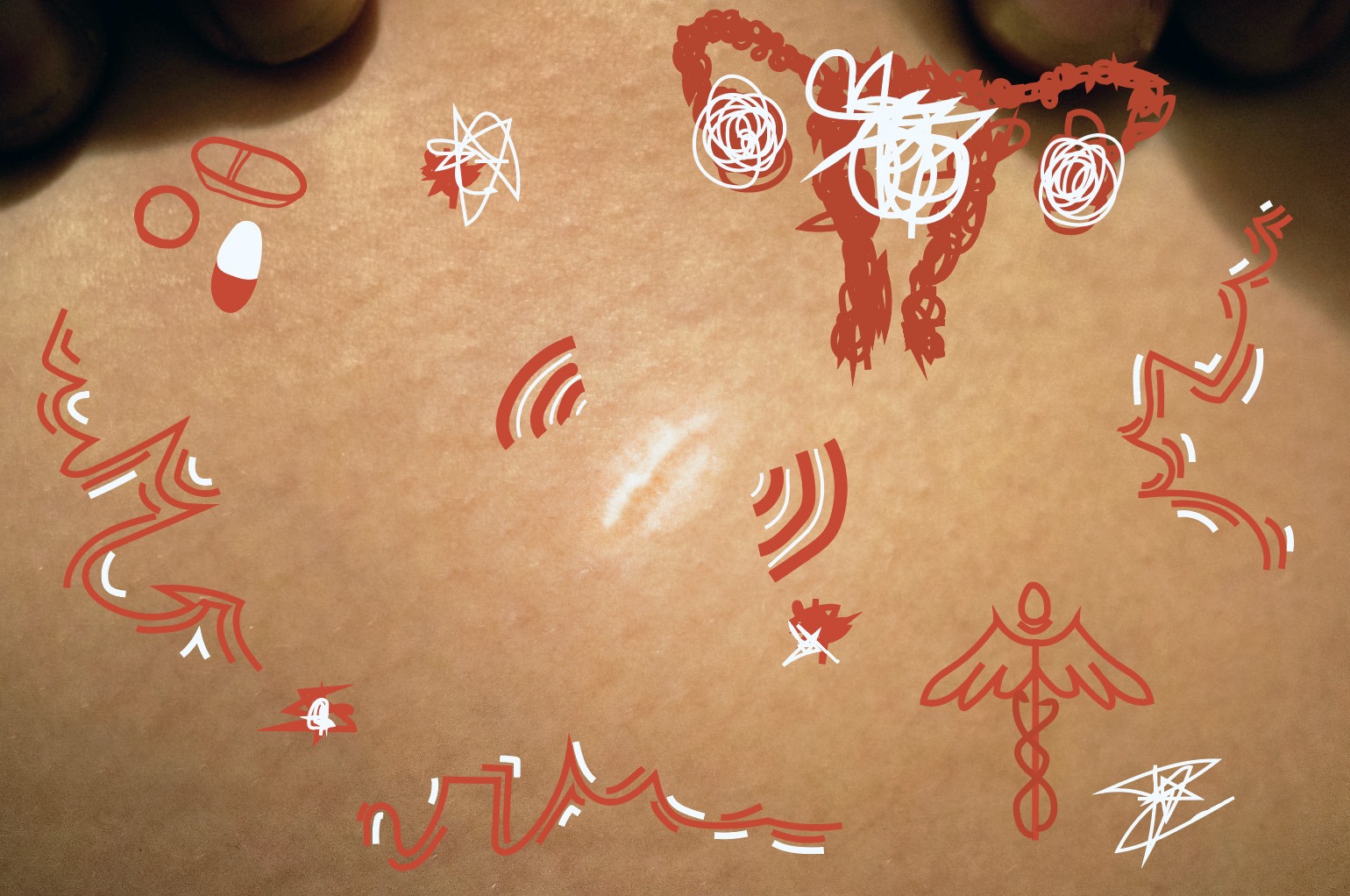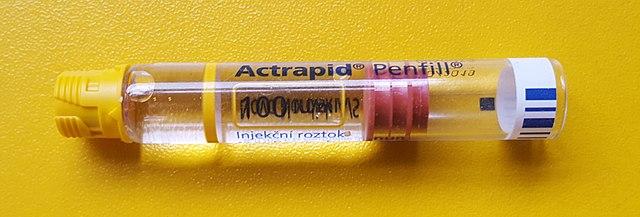Medical personnel need more empathy
 As her struggle continues, Meiss uses art as a medium to cope and understand everything.
As her struggle continues, Meiss uses art as a medium to cope and understand everything.
Since my last commentary about my medical journey, a lot has happened. My frustration is no longer with how the system treats patients, but how medical personnel do. I have been disrespected and infantilized by nurses several times over the past few months, and I believe it’s due to my age.
In mid-February, I was in more pain than ever for two straight weeks. I couldn’t get out of my bed without help. I couldn’t do my laundry. I couldn’t shower alone most days.
I called my OBGYN’s office to report on how Orilissa, the medication I had been prescribed to fight my possible endometriosis, had not been working. Once I asked the nurse who answered about why the combination of Orilissa and my birth control was affecting me negatively, the nurse did not answer my question but instead went on a five-minute tangent. She told me about how, even though she had her ovaries removed at the age of 41, she still experienced pain 10 years later. When I tried to redirect her to my question, already growing frustrated, she dismissed my concerns and insisted I had nothing to worry about. My extreme pain continued for days after this phone call.
During spring break, I had my big appointment where I decided to pursue exploratory surgery due to my medication not being successful in relieving my pain. I set the surgery date for the beginning of June and have decided to not think too much about it. If I focus too much on something being found, I won’t be able to think of anything else.
On the day of the appointment, I was shaking. I had been dreading this day since January. When I checked in, it took 15 minutes after my initial appointment time for me to be called back. For this clinic, it isn’t unusual, however, the front desk told me my doctor was on time, and there would be no delay. Already, I am on edge and anxious about my appointment.
Eventually, I heard my name and was called to the back by a nurse. I followed her to the weighing station. She did not tell me to get on the scale, but instead set it up and looked at me expectantly. She had barely looked at me or spoken a word to me. It immediately made my already awful mood worse as I continued to follow her to the exam room.
I sat down on the bed inside the room, and she took my blood pressure. She did not read it back to me, which has been done by every other doctor or nurse in my lifetime. It felt apathetic in the moment. She pulled out a computer, found my chart and turned away from me to face the wall. This nurse asked me questions I had already answered hundreds of times at this clinic. She had still not looked at me. I told her I could not do things other normal 18-year-olds can, and she responded with stale and emotionless phrases such as “oh, that’s not good,” and “I’m sorry about that.”
Once she finished asking me questions, she told me that, since I had not seen this doctor in three years, I would get a pelvic exam. She then grabbed a sheet, threw it on my lap and left. Without a second word.
Already close to tears, I got off the exam table and slowly undressed from the waist down. My hands were still shaking as I covered my waist with the white sheet, sat back down and waited for my doctor to come see me.
At this point, I began to shut down. I had to stop my frustrated tears from falling as I tried to settle my anxiety and anger. I texted my mother, who was at work, about my experience so far, as well as two friends. If I hadn’t expressed my hurt immediately, I would’ve blown up at my doctor.
After waiting for 15 minutes, my doctor finally came in. She asked me the exact same questions I had been asked 100 times, and I gave the exact same answers I had given 100 times. At this point, my anxiety and anger had mixed into an emotionless cocktail and I couldn’t feel anything anymore. She explained how the surgery would go and then I left.
For days following my appointment, I was in an awful mood. I had already been dreading that day, and my experience there made it all worse. I couldn’t feel anything but anger and frustration, even lashing out at those close to me.
The first week of school after spring break, I called the clinic again to ensure they sent my prescription to my pharmacy. Last month, during my two-week stint of pain, my medication was not ready when I was told it would be, and I had to call every pharmacy in the Des Moines area to find one that had Orilissa in stock. My clinic had told me my pharmacy would keep Orilissa in stock specifically for me, which was not true.
I expressed my frustration with how the last time went, and this new nurse disregarded my frustration and told me that they did have my medication. She used the word “hun” after every sentence, making me feel as if my issues weren’t issues.
The issue with my medication wasn’t my clinic’s fault. What was my clinic’s fault was not listening to my frustration.
Over the past two months, I have been belittled and mistreated. I firmly believe part of the disregard for my issues is because of my age. Being called “hun” by medical personnel and having my pain and frustration dismissed is infantilizing and makes my issues feel small.
I am an 18-year-old dealing with 35-year-old problems. I am not treated with respect by those who are supposed to help me. Physicians and nurses have lacked the empathy to care for me.
I was in immense pain and the nurse from the first call did not validate my cry for help. I was shaking, and the nurse would not look at me. I was frustrated with the lack of medication availability, and I was infantilized by the nurse.
Validate your patients. Look at your patients. Help your patients.
Just because nurses and physicians are used to seeing these issues does not mean their patients are. It’s completely new to them. Have empathy, please.


